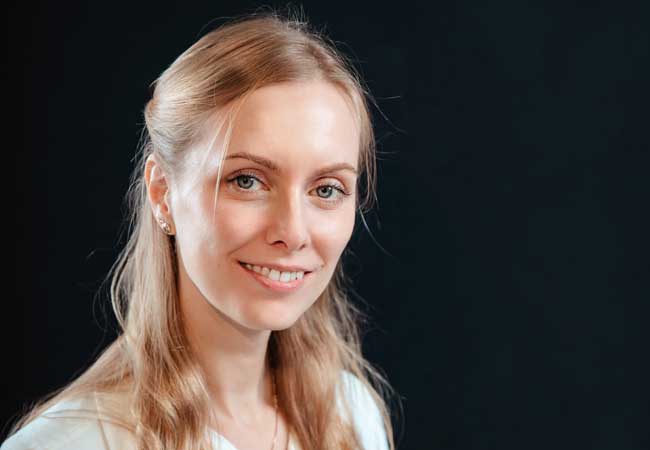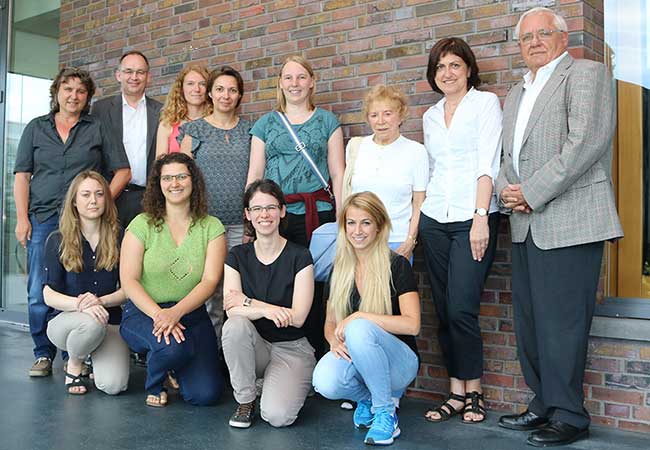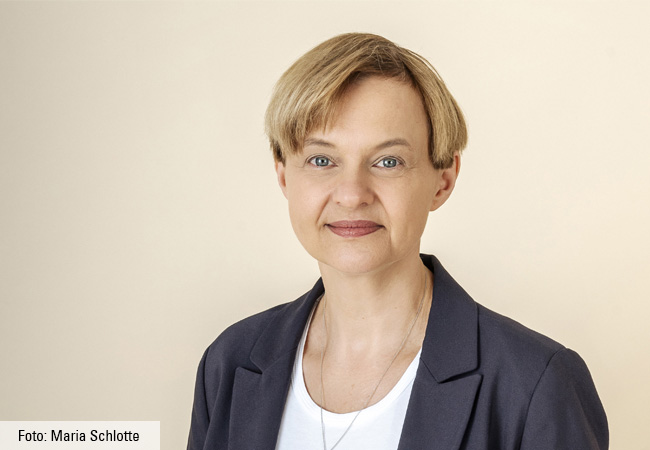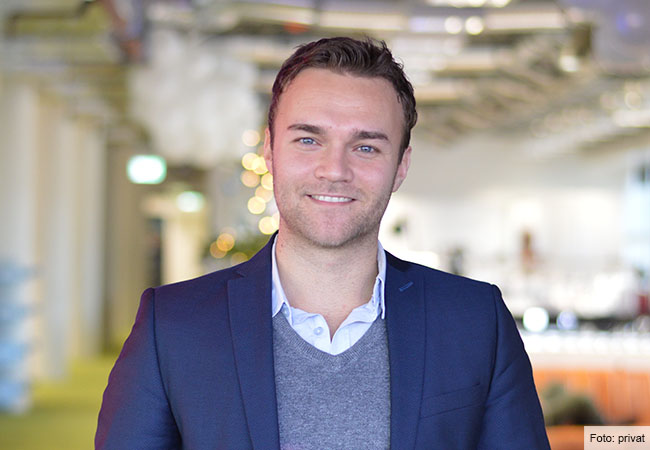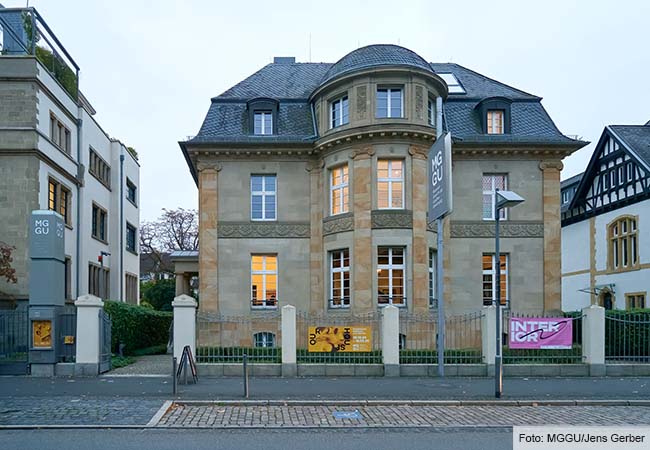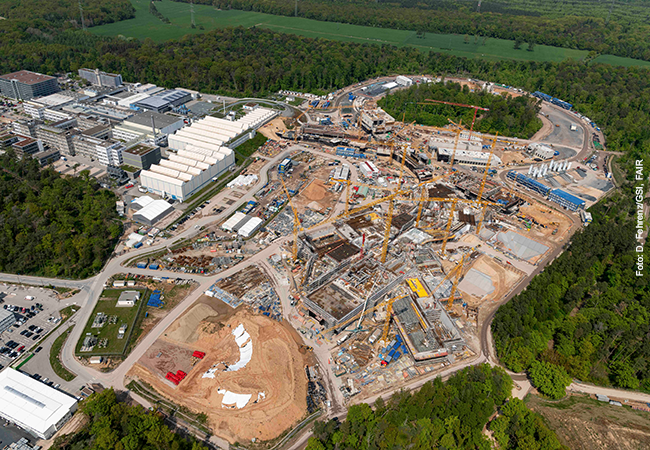
Since 2008, a framework agreement has formed the basis of the close scientific cooperation between Goethe University Frankfurt and the GSI Helmholtzzentrum für Schwerionenforschung in Darmstadt. The agreement has now been renewed and updated under legal and science policy aspects. The framework agreement on strategic cooperation between the two institutions aims to strengthen research and development for the FAIR particle accelerator. One focus is on accelerator and heavy ion physics as well as “green” IT technology, which are anchored in the agreement as specific research areas.
In the scientific network of the Rhine-Main region, Goethe University and the GSI Helmholtzzentrum für Schwerionenforschung have been cooperating closely for many years. There are eight jointly appointed professors, including in theoretical physics and accelerator physics, as well as numerous cooperation projects, for example the Helmholtz Research Academy Hesse for FAIR (HFHF), a think tank for basic physics research, and the graduate academy GRADE Center for Hadron and Ion Research, which is located at Goethe University. The GSI’s Green IT Cube – a particularly energy-efficient, high-performance computing center – was also developed by scientists from Goethe University and GSI.
Goethe University President Professor Enrico Schleiff explains: “GSI, with its large accelerator facility FAIR, which is currently being built, has been an extremely important strategic cooperation partner for Goethe University for many years. In GRADE and the Helmholtz Research Academy HFHF, for example, we jointly qualify the next generation of young, talented researchers and open up opportunities for them to establish themselves scientifically. Furthermore, last year we launched the priority project ELEMENTS, funded by the state of Hesse, in which Goethe University, the GSI Helmholtzzentrum für Schwerionenforschung and TU Darmstadt are involved.” In ELEMENTS, scientists experiment at particle accelerators to understand the matter in such extreme astrophysical objects like neutron stars and to describe it with theoretical models.
Schleiff is convinced: “We are connected with GSI through basic research in physics and mathematics, one of the defining research topics of Goethe University, which we have bundled in our profile area ‘Space, Time & Matter’: Around 150 professors and 1,000 employees work here and educate 10,000 students. Together with GSI, we want to further advance cutting-edge research in this area. But the new cooperation agreement goes far beyond cooperation in research and thus also offers room for new cooperation formats right into administration.”
Professor Paolo Giubellino, Scientific Managing Director of GSI and FAIR, explains: “With FAIR, a worldwide unique accelerator facility for research in particle and nuclear physics is being built at GSI, with which we will gain new insights into the structure of matter and the development of the universe. The close partnership with Goethe University will further promote our scientific exchange of experience and expand basic research in this fascinating field of science. In addition to pure knowledge gain, we also expect highly exciting scientific results from biomedical radiation research and materials research. High-tech new developments in the areas of detector and sensor technologies or in energy-saving supercomputers generate benefits not only for science, but also for the economy and society. We are glad to have such a strong research partner in Goethe University.”
Further information



